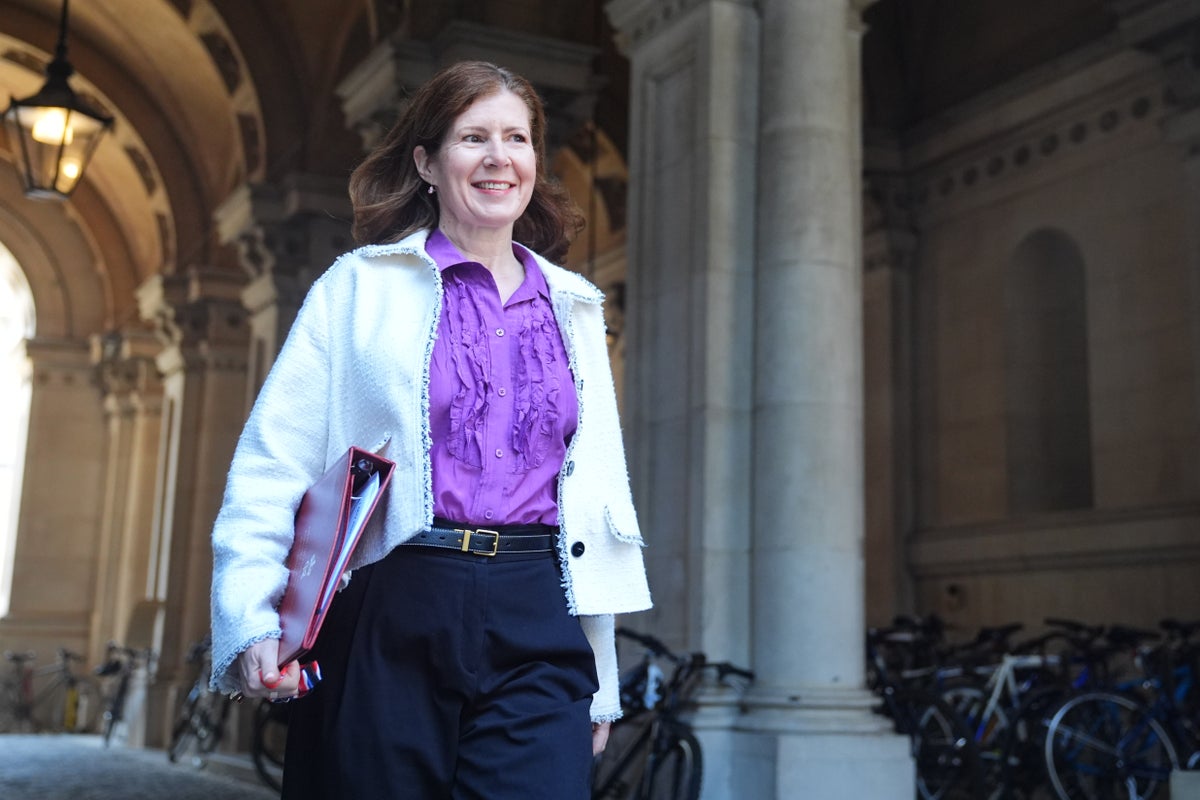
The UK’s deep cuts to international aid will be carried out in a “responsible and careful” way – not the “overnight” slashes conducted most obviously by nations such as the US – the government has claimed.
Charities and international aid experts have lined up to decry the UK cuts, first announced in February, which will bring spending from 0.5 per cent to 0.3 per cent of gross national income (GNI). A report also published on Tuesday by the Independent Commission for Aid Impact found UK aid spending overseas could fall to as low as 0.24 per cent once spending at home on asylum accommodation was factored in.
But development minister Jenny Chapman has told MPs that “not all aid cuts are the same and I think the way that we’ve done it… is slowly and in a considered way”.
“I would contrast that to the way that others have done it, where medications just stop being distributed overnight, where I know of warehouses with vaccines that there’s no way of distributing,” Baroness Chapman said. “That’s a real problem and that will have a huge impact.”
In the US, Trump cut roughly 80 per cent of foreign aid spending virtually overnight, in a move that could cause 14 million extra deaths by 2030. The speed of the cuts caused chaos as clinics closed, access to lifesaving medicines was disrupted and health staff didn’t know if they could turn up to work one day to the next.
Baroness Chapman added that the withdrawal of the United States from global health funding was proving a “huge problem” but that, “it isn’t possible for us to backfill that capacity sadly”.
Baroness Chapman also confirmed during the session of parliament’s international development committee that a world-leading programme to tackle antimicrobial resistance was being cut and suggested a project giving millions access to contraception was under question.
The scale of the UK cuts means they are expected to hit virtually all programmes. Even when it comes to the global vaccine alliance, Gavi, of which the UK has been a major champion and is now the biggest funder, its contribution this year fell by £400 million.
Baroness Chapman said antimicrobial resistance and the risk of another pandemic were the two biggest threats facing the UK’s health security, but public health and prevention minister Ashley Dalton confirmed during the session that the Fleming programme, which supports countries in Africa and Asia to monitor and prevent antimicrobial resistance, has already been cancelled.
Antimicrobial resistance happens when antibiotics are used too much or incorrectly, causing germs to evolve resistance against them and creating dangerous illnesses that can’t easily be treated with the available drugs. Resistant bug strains can cross borders and the phenomenon is estimated to kill a million people a year.
Asked about a programme to family planning access and information to 2.6 million women and girls across West and Central Africa, Baroness Chapman said she was “looking at it”.
The minister has previously signalled that specialised programmes for women and girls may be hit hard by the cuts.
This piece has been produced as part of The Independent’s Rethinking Global Aid series
